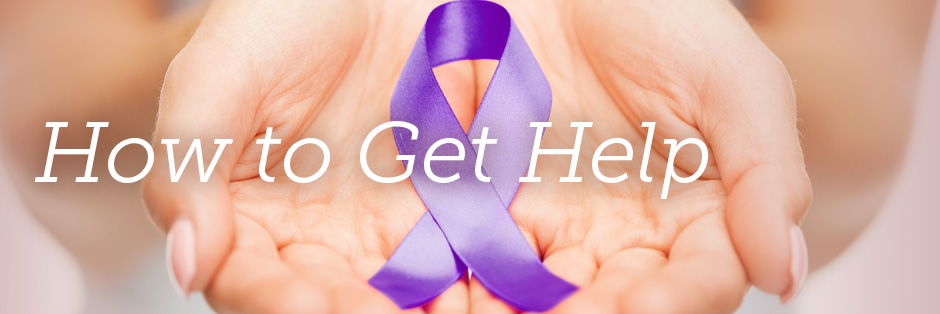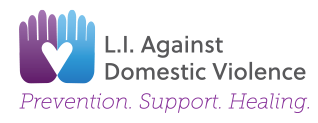
Cell Phone and Computer Safety
Tips for Cell Phone Safety
Cell phone and telephone technologies allow your abuser to keep track of who you call and who calls you. Here are some guidelines to keep your phone activities private:
- If you use a cell phone, be aware there are numerous ways an abuser can use cell phone technology to overhear your calls. Use a cell phone only if you do not have access to a regular phone. Also remember that the phone number of all outgoing calls placed from your cell phone might appear on the monthly bill. If your abuser has access to the bill, do not make any calls from the phone that might place your safety at risk.
- If you live with your abuser, and your telephone has the Caller ID feature, your abuser can track who has called you. If you live separately from your abuser, you can use the same Caller ID box to make sure the caller is someone you want to speak to, before answering the phone.
- If you have Caller ID, you can also get Anonymous Call Rejection Service. This service prevents an incoming call from ringing at your home if the caller has blocked their number to prevent it from being displayed on the Caller ID box. The caller will reach a recorded message saying that the call will not be accepted unless the block is removed.
- Call Return Service (*69) allows you to call back the last number that called you, whether or not you answered the call. In some areas, a recording will give you the number you are attempting to call back, even long distance numbers. If you would like to prevent your abuser from knowing who the last person that called you was, in addition to clearing the memory from the Caller ID, you can press *89 after you end the call. This will prevent Call Return from working.
- The re-dial button on your telephone also allows your abuser to call the last number you dialed. This could jeopardize your safety if you have contacted a domestic violence hotline or friends and family members that your abuser does not want you speaking with. After hanging up from such a call, you may want to dial the telephone number for the weather or some other "safe" number.
- An answering machine is another good way to screen your calls. If your abuser leaves a threatening message, be sure to save the message. Do not record over it. These types of recordings might be helpful to the police if you report the incident.
Tips for Internet and Computer Safety
If you are in an abusive or controlling relationship, please use a computer that your partner does not have direct or remote access to. Here are some guidelines to keep your computer activities private:
- If you think your computer activity is being monitored, you are probably right. Trust your instincts. Technology has evolved in ways making it extremely easy to track someone's internet activity through spyware, keystroke loggers and other means.
- If your partner has direct access to the computer you are using, or you believe has installed software enabling them to remotely monitor your activities, do not use the computer to research help and options available to you. Use a safer one at a friend or family member's home or at a local library. Continue to use your own computer for things such as news, weather, sports, etc.
- Do not use passwords that are obvious to anyone, i.e., birth dates, names of children, names of pets, etc.
- Do not disclose the details of your situation to anyone via email. If you need assistance, please call the LIADV 24-hour hotline at 631-666-8833.
Social Media
- Do not discuss your situation on any social media pages, even if your partner is not linked to your page through their own. It is possible for mutual friends to disclose to them what they've read without realizing they are placing you in danger by doing so.
- Make sure all of your social networking pages have privacy settings in place so you can control who has access to your page.
- Do not use the "check-in" feature on social media pages.
- Use the privacy setting feature to prohibit anyone from tagging you in pictures without your approval.
If you are in immediate danger, call 911. For more information, please call the LIADV 24-hour hotline at 631-666-8833.

